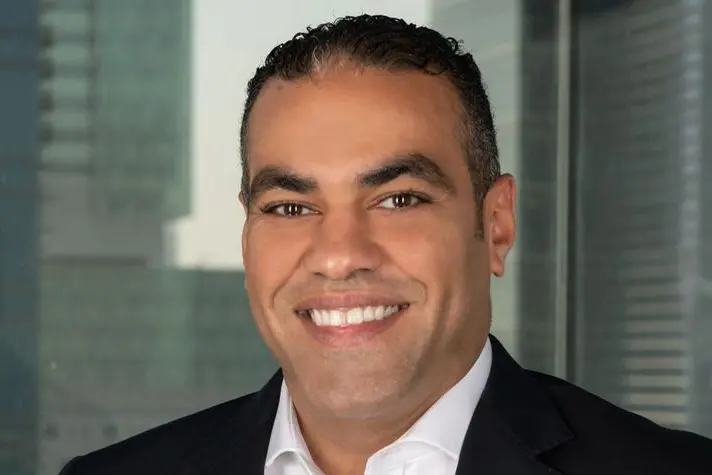PHOTO
- The London Institute of Banking & Finance (LIBF) suggests banks in MENA should move quickly to go beyond reporting on ESG and get hard data on climate risk – both data on their own exposure and on that of their clients
Abu Dhabi, UAE: Banks in the MENA region would benefit from keeping pace with global best practices on climate risk reporting if they want to avoid losing ground to international counterparts.
According to a new LIBF report, the scale and complexity of climate change requires MENA banks to get ready now to report on climate risk – ahead of local regulatory mandates or economic transitions.
In October 2022, the Task Force on Climate-Related Financial Disclosure (TCFD) showed that only around 25% of all firms in the Middle East report on their exposure to climate change. That was the lowest score globally, the next lowest being Latin America at 28% of all firms. Europe was the leader with 60%.
“Now it’s about hard numbers on climate exposure, about auditable climate reporting and about a defensible climate strategy,” said Kareem Refaay, LIBF’s Managing Director, MENA and GCC.
This goes much further than the ESG reports that institutions in the region already issue. These can provide useful information but are just a starting point for reporting on a firm’s exposure to climate risk, according to the LIBF report.
“There are obvious reasons for banks everywhere to be hesitant about net zero reporting. Data is lacking and, world-wide, there is an increasing realisation that transition to net zero is both more complex and more difficult than hoped,” explained Refaay.
Benefitting from better reporting
The LIBF analysis outlines four main reasons why MENA banks should move swiftly to enhance their climate risk reporting:
- Banks that are not aligned with the global regulatory requirements on climate risk reporting could increasingly find they don’t meet all the standards required by international partners.
- MENA banks that move quickly to implement processes to identify, manage and mitigate climate risk will likely enjoy a first-mover advantage.
- Analysing and reporting on the business risks of climate change is more demanding than reporting on ESG – it takes time to set up the right processes, train staff, and implement the data and IT systems needed to capture data related to climate change exposure.
- Banks in the MENA region can use their expertise in oil and gas to help inform the global transition to net zero.
“Achieving these goals will require a focus by risk management teams on the relevant figures, even if local regulators don’t demand it yet,” added Refaay.
The report’s authors are:
- Perihan Abdelghaly, a lecturer and programme leader in sustainable finance at LIBF and MENA sustainable finance expert
- Andrew Cunningham, a visiting professor and founder and managing director of Darien Analytics Ltd
- Clarisse Simonek, a member of S&P’s Sustainable Finance Council and academic advisor to the CFA on ESG.
-Ends-
For further information please contact
Nigel Sillitoe
CEO, Insight Discovery
Email: sillitoe@insight-discovery.com
About LIBF
LIBF is an internationally recognised organisation delivering outstanding financial education to banks and other organisations in MENA.
Insight Discovery in the UAE has been retained by LIBF MENA to handle their strategic communications in the Middle East.
The London Institute of Banking & Finance exists to advance banking and finance by providing outstanding education and thinking, tailored to the needs of business, individuals and society. Founded in the City of London in 1879, The London Institute of Banking & Finance remains the only banking and finance professional body with degree awarding powers.
LIBF MENA provides an array of solutions to cater the education and training needs of the banking and finance sector in the Gulf Council Countries, and the Middle East and North Africa region.
Its programmes have helped thousands of people improve their skills and progress their careers, transforming businesses – as well as benefitting communities – across the region.




















